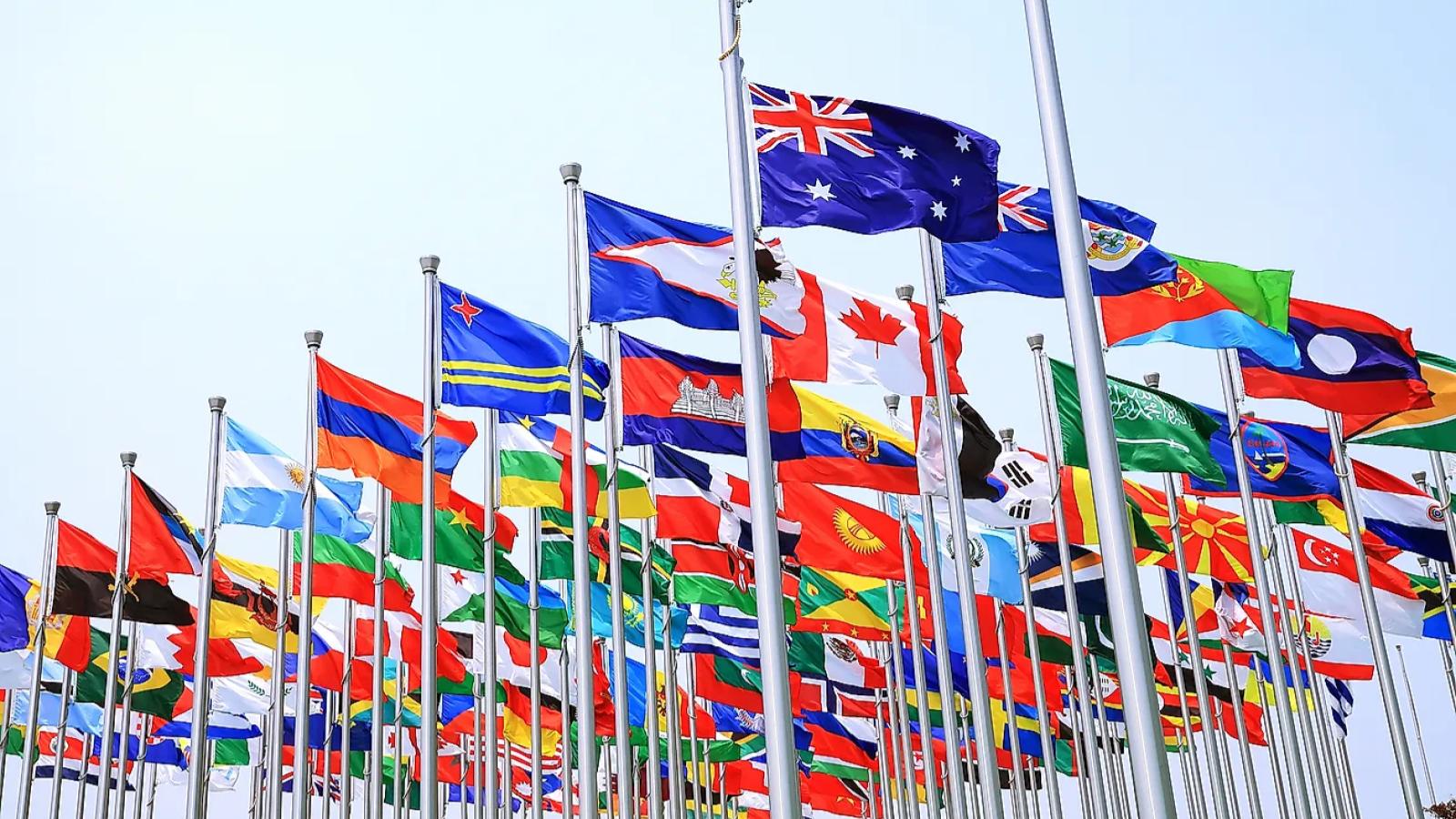Nature, in its broadest sense, encompasses all the phenomena of the physical world, including plants, animals, landscapes, and natural processes. It represents the non-human-made world and its intricate systems. Nature is often viewed as a creative and controlling force, shaping the universe and existing independently of human intervention. It includes both living organisms and the physical environment they inhabit, with a delicate balance of interdependence between them.
This post focuses on how futurists address the Challenges, Research, Projects with Nature.
OnAir Post: Nature






